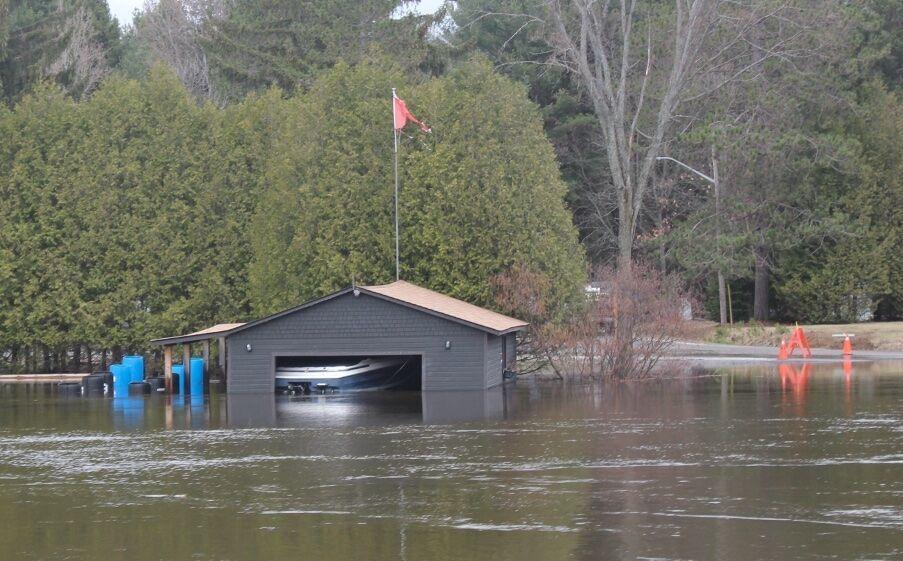Our Changing Watershed: Apology for Muskoka environment as written 76 years from now
“I want to apologize to you and your generation for leaving the planet in such a poor state.”
By Richard Lammers.
To my dearest great-granddaughter,
As we approach the turn of the century, during our fourth heat wave here in the summer of 2099, I wanted to write this letter reflecting on my nearly 100 years of life on this planet and living in Muskoka.
I was born very close to the turn of the last century, near the end of the millennium. I have seen many changes in the weather over the years. They were slow at first, but then they started changing so much faster. The increase in extreme weather events has been the most noticeable: more intense rains causing flash flooding and longer droughts drying up the wetlands that were once so common. This has fundamentally changed what is left of the forests through infestations and fire. The large forest fires, previously uncommon in Muskoka, have been the worst as they destroyed so many lives.
As I was growing up, I had seen report cards about Muskoka’s watershed and the environment seemed pretty good. Sure, everyone was complaining about the occasional algae bloom here and there, but we did not expect so many lakes to have them for so long. The predicted increase of a few degrees of warming did not seem like much to worry about at the time, but the large number of high temperature days we see now, where the afternoons can reach over 40 degrees Cesius and the nights just do not cool down, bring no respite. You know, the ironic thing is that people still say our environment is a good one, but I remember when it was a lot better than it is now.
We are still waiting for the CO2 in the atmosphere to fall to levels that will make a difference to the heat but, in the meantime, we are consuming a lot more electricity to run our air conditioners. Maybe if we had come to some agreement about energy conservation and the development and use of nuclear energy and alternative energy sources to provide more electricity, we could have avoided the worst of the warming. And although fossil fuels appeared cheap, the costs of our new climate were, in retrospect, a very high cost to pay.
In the winters we used to ice fish. You did not need to travel so far north to enjoy winter activities. If you can believe it, the lakes would freeze over with enough ice that you could safely go onto them, set up a small cabin and spend the day fishing. And that was right here in Muskoka! The bonus was that you could also safely eat those fish.
Despite the warmer weather, I am still surprised by the spring floods. This past March, the river reached a new high-level mark. The water damaged the garden shed and there was some water in the basement. When your father and I built that shed, we were sure it was safe from any flooding. As for our boathouse — have a look at the photo below!

Why am I writing this letter? I want to apologize to you and your generation for leaving the planet in such a poor state. The unbearable heat, the forest fires, the loss of so many species, a poor economy forcing you to struggle so much. I wish I had done more to prevent this …

This article is one of Muskoka Watershed Council’s summer 2023 series on “Our Changing Watershed” in The Muskokan newspaper. This week’s article was contributed by Richard Lammers, a research professor at the University of New Hampshire and member of the Muskoka Watershed Council. He holds a Master’s degree in human physiology and endocrinology. Series editor is Dr. Neil Hutchinson, a retired aquatic scientist, Bracebridge resident and Director, Muskoka Watershed Council.
